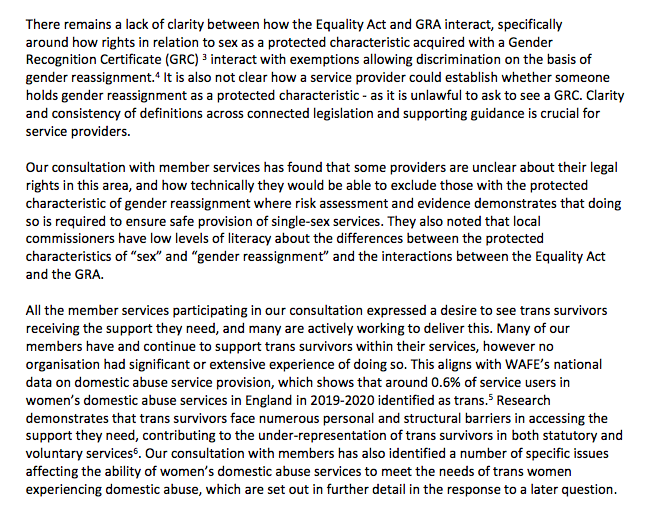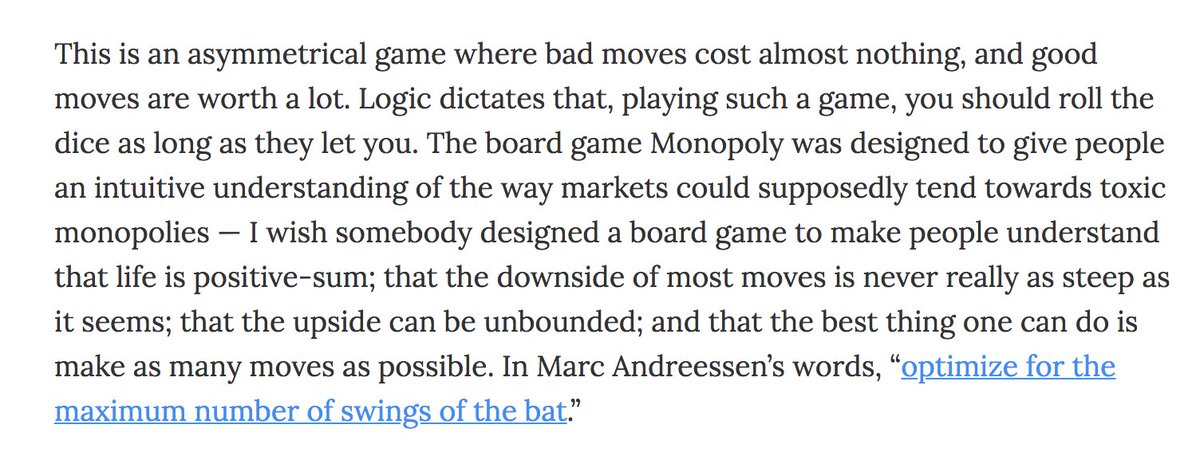“Evidence plainly contradicts any contention that the QR codes or digital signatures are encrypted,”
This was “ultimately conceded by Mr. Cobb and expressly acknowledged later by Dr. Coomer during his testimony.”
Witness explaining that on electronic ballots (QR code ballots), it's impossible to determine voter intent. The machine decides the intent, whereas, with paper ballots, a human can double-check the ballot. https://t.co/kkhamio2Je
— The Election Wizard (@Wizard_Predicts) December 30, 2020
parents are tyrants. "parent" is an oppressive class, like rich people or white people.
— Noah Berlatsky (@nberlat) December 14, 2020
Congress\u2019s completing its certification of electors \u2014 with our law enforcement heroes having restored order in the Capitol \u2014 at 3:40 AM today shows the strength of American political institutions and represents a victory for the rule of law & constitutional government in America.
— Mike Pompeo (@mikepompeo) January 8, 2021
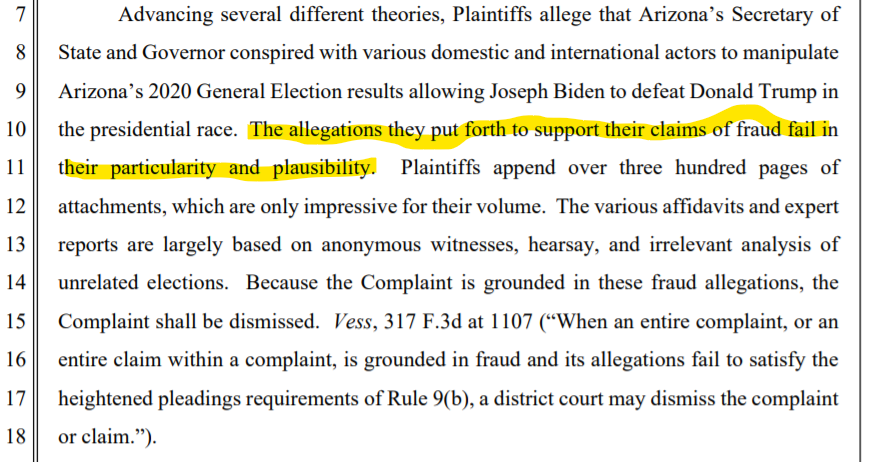
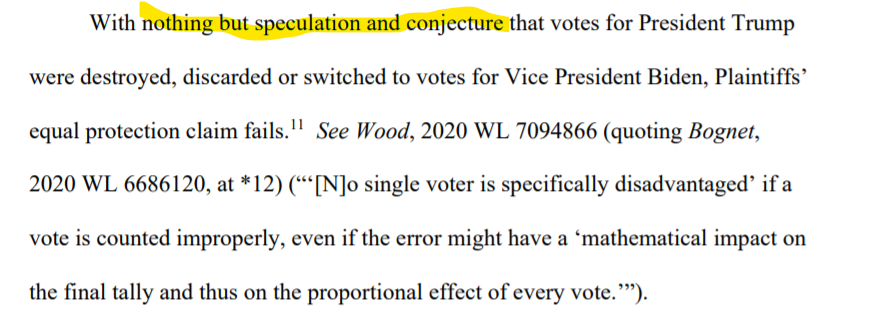
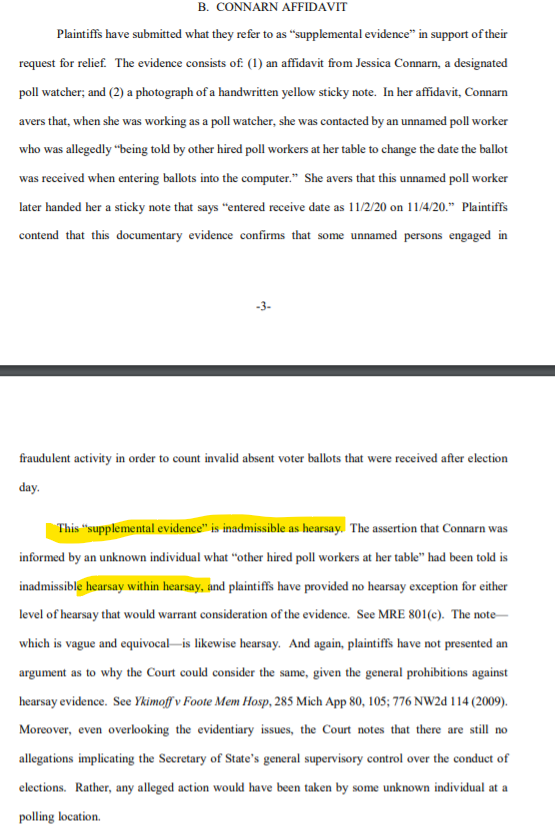

The Michigan case in the US Supreme Court originally filed by Sidney Powell and Lin Wood was just distributed today for Conference on 02/19/2021!
— Truth (@1foreverseeking) February 4, 2021
Feb 03 2021 DISTRIBUTED for Conference of 2/19/2021. https://t.co/jZO624pf7j
The Wisconsin case in the US Supreme Court is also
— Truth (@1foreverseeking) February 4, 2021
distributed for Conference on 02/19/2021!https://t.co/zkpTubcG1C
This Georgia case, originally filed by Lin Wood, is alo distributed for conference on February 21, 2021!https://t.co/l7j43v5pfD
— Truth (@1foreverseeking) February 4, 2021
This Arizona case is also distributed for conference on Febraury 21, 2021!https://t.co/56g1Fphg2l
— Truth (@1foreverseeking) February 4, 2021
Another Pennsylvania case distributed for conference February 21, 2021.
— Truth (@1foreverseeking) February 4, 2021
Filed by a Republican Congressman who lost his seat because PA Republican Legislature illegally created a mail in ballot law October, 2019, against the Constitution of PA.https://t.co/RYJE6ENZGk


